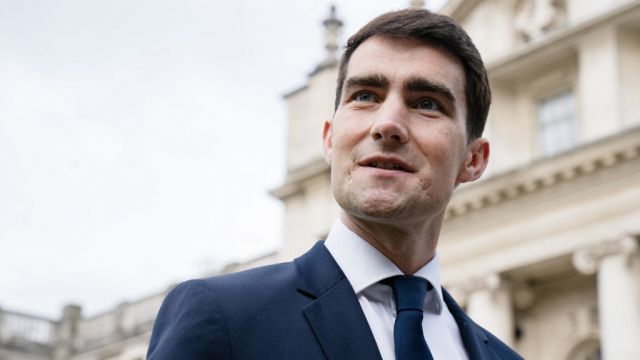Economist Seamus Coffey of the Irish Fiscal Advisory Council (Ifac) is urging the Government to “stick” to the rule that would limit annual growth in spending to five per cent per year.
“The perspective we're taking is to ask the Government to stick to the rule. It stated itself back in 2021 that it would limit the annual growth in spending to five percent per year. What the Fiscal Council is asking is for the Government to stick to its own rule,” he told RTÉ radio’s Morning Ireland.
Mr Coffey explained that the role of the Fiscal Council was to make the Government and the public aware of the implications of policy decisions on the economy.
Ireland has a history of getting fiscal policy wrong.
“Ireland has a history of getting fiscal policy wrong, and for that have seen very severe and negative consequences for the economy and for society. We saw it in the 1980s. We saw it post 2008. One of the roles of the Fiscal Council is ensure that we remember the consequences of past mistakes, and to try to ensure that we don't make them again.”
In its pre-budget submission, Ifac claimed the Coalition was pursuing an “everything now” approach to the Budget which will add “unnecessary fuel” to the price fire. It noted that while energy prices were falling, domestic prices - in terms of rents, food services and medical costs — were accelerating.
“If the Government had stuck to its own self-stated rule of limiting growth and expenditure to five percent on an annual basis, the price level would be two per cent lower? Now, if you take a typical household that might have outgoings of around €50,000 a year, the price level being two percent higher, as a result of the Government, exceeding its own rule of limiting spending growth to five percent, is adding €1,000 to the costs for a household spending €50,000 a year.
“And now that's as a result of government spending. So yes, households may benefit from the spending and that's a direct benefit. But there is an indirect cost and perhaps an illusion of the full benefit of government spending because prices are higher. And again, we're seeing those price pressures build up in things that must be produced domestically, where those pressures have been felt. And if the government continues to exceed its own self-stated rule of limiting spending growth to five per cent, we will see those domestic price pressures rise even higher.”







